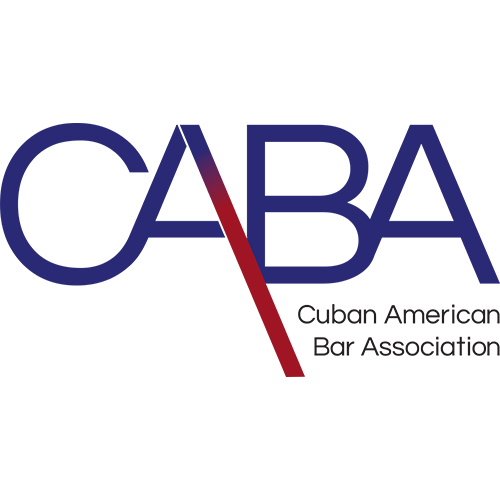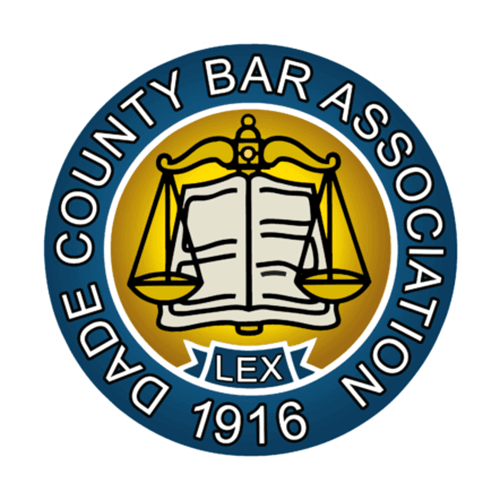Damages in Nursing Home Abuses Cases
PROTECTING YOUR RIGHTS SINCE 1983
The nursing home abuse attorneys at Bernstein & Maryanoff Injury Attorneys have the knowledge and experience necessary to get the maximum compensation for your nursing home neglect case.
Damages in Nursing Home Abuses Cases
If you’re a nursing home resident who has been harmed in the nursing home setting or if you care about such an individual, you should contact an experienced nursing home abuse lawyer about the legal rights of nursing home patients.
A party who brings a claim against a nursing home will want to bring out all evidence of the losses or suffering that resulted from the nursing home’s conduct, and should attempt to provide as much information as possible on the following types of damages:
- Necessary and reasonable medical expenses;
- Actual past expenses for physician, hospital, nursing and laboratory fees, medications, prosthetic devices, etc.;
- Anticipated future expenses;
- Harm from conditions caused by prolonged immobilization;
- Pain and suffering from physical injuries;
- Pain and suffering reasonably likely to occur in the future;
- “Phantom pain” and other subjective pain that may not be readily apparent to others;
- Mental anguish;
- Harm from loss of sleep;
- Past and future impairment of the ability to enjoy life.

Mental Suffering: Although one might not think that mental anguish is something that will be addressed or compensated in a civil action, this is not so. Monetary damages may be awarded for a nursing home resident’s (or his or her survivor’s) pain, suffering, disfigurement, and impaired enjoyment of life. Damages awarded for the pain someone suffers can be for both physical and mental pain.
Related: Early Warning Signs of Nursing Home Abuse
Mental suffering for which Someone can recover damages may include:
- Fear of the consequences of an injury while awaiting help;
- Fear experienced in the period between realizing an incident likely to cause injury was going to occur and the time of occurrence;
- Fear experienced after an injury about what else could have happened;
- Anxiety about one’s physical health and future well-being;
- Fear of the need for future surgery as a result of one’s injuries;
- Fear of increased vulnerability to future injury;
- Post-traumatic stress disorder.
Disfigurement:
The elderly, like most younger people, care about their appearance and are entitled to damages for disfigurement caused by another. Disfigurement can include scars, amputation, hair loss, or any other injury that affects one’s appearance. The dignity of senior citizens should be respected and preserved, and if it is affected by a disfiguring injury, an appropriate claim for monetary damages should be made.
Loss of enjoyment of life:
Most states allow additional recovery when an injury interferes with a plaintiff’s ability to lead a normal life. The loss of the enjoyment of life is generally understood to mean one is deprived of the ordinary pleasures of living a full life. With an elderly client, this could mean the ability to play with one’s grandchildren, to walk and exercise as one did prior to an injury, to communicate meaningfully with others, or to engage in pastimes one previously enjoyed.
Punitive Damages:
Punitive damages may be awarded in cases where it is shown that a nursing home engaged in malicious or reckless conduct. In such cases, it is sometimes argued that the nursing home resident was deprived of his or her statutory rights.
Because injured nursing home residents are generally older, in poor health, and have relatively short life expectancies, damage elements that are common in other personal injury cases, such as lost earning capacity, future pain and suffering, and future medical expenses, will not be as significant. Awards against nursing homes are comprised for the most part of punitive damages, and damages for mental anguish, pain and suffering experienced by the injured person, medical expenses, and the loss of affection and companionship by the surviving spouse or children.
Structured Settlements:
Structured settlements are settlements that involve periodic future payments, rather than one lump sum payment, to an injured plaintiff. They are used increasingly in personal injury litigation today, but involve special considerations for the elderly. For an older person, a structured settlement has the advantages of safety, and income that will not be taxed or need management. One must consider, however, that if an older person dies sooner than expected, he or she will lose the benefit of their future payments. On the other hand, the injured elderly person can have a settlement structured so that his or her grandchildren or other beneficiaries will receive guaranteed settlement payments after his or her death.
Damages Recoverable by Survivors, Heirs or Dependents
In an action against a nursing home where the resident has died, the resident’s survivor(s) may bring an action and recover damages for the following:
- Loss of consortium;
- Loss of parental advice and guidance;
- Loss of the companionship of the deceased person;
- Mental anguish and grief of the survivor(s); and,
- Funeral and burial expenses.
If you or a loved one has been injured in a nursing home or its employees, contact an attorney experienced in nursing home abuse cases.
DISCLAIMER: This site and any information contained herein are intended for informational purposes only and should not be construed as legal advice. Seek competent legal counsel for advice on any legal matter.





